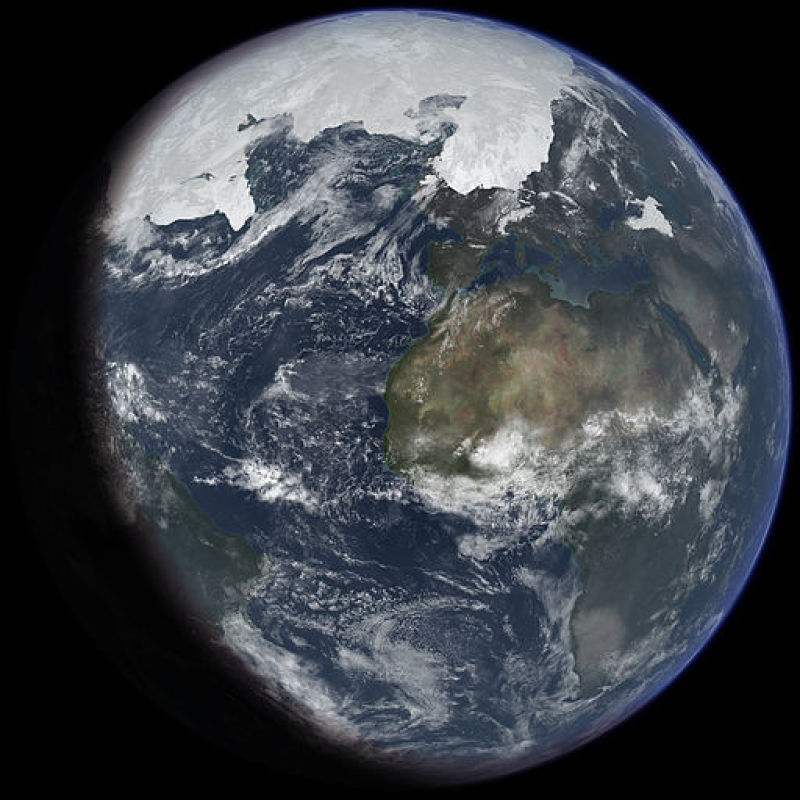
Over the past few years, various scientific research groups have released their own studies highlighting the damaging effects of human actions on the planet.
Adding to those reports is a new study carried out by researchers from Germany suggesting that due to man-made global warming, humans may have delayed the next ice age event by around 100,000 years, CBC reported.
Over the course of Earth's history, the planet has experienced around 10 ice ages with the last one happening 12,000 years ago. According to scientists from the Postdam Institute for Climate Impact Research, the environmental effects of these events are so powerful that they can alter the natural landscapes of the planet.
As noted by the researchers, the previous ice ages caused the formation of mountains, fjords, rivers and lakes that we see today.
Originally, the Earth was set to enter its next ice age 50,000 years from now. But, due to climate change, which worsened since the beginning of the Industrial Revolution in the 18th century, the momentous environmental event has been pushed back by another 50,000 years.
The scientists explained that the delay was caused by the high level of greenhouse gases in the atmosphere. Due to man-made activities such as pollution, the planet's global temperature has increased dramatically.
Generally, natural global warming occurs within a span of thousands of years. But, through pollution, humans were able to significantly alter Earth's temperature in just a century.
Of course, for today's generation, it doesn't matter if the next ice age kicks in 50,000 or 100,000 years from now. But according to the scientists, this change in schedule clearly shows how humans can greatly influence the environmental conditions of Earth.
"Although it has no practical importance whether the next ice age will begin in 50,000 or 100,000 years from now, the fact that we can alter such a remote future clearly shows that humans already have a power to affect the future on geological time scales," lead researcher Andrey Ganopolski told CNN.
But, given the results of the study, experts emphasized that the delay of the ice age should not be considered as a positive effect of man-made climate change. After all, this was caused by the worsening conditions on Earth. In addition, rising temperatures will also lead to other devastating effects such as a decrease in global food supply and rising sea levels.
The study conducted by Ganopolski and his team was published on January 14 in the scientific journal Nature.



















